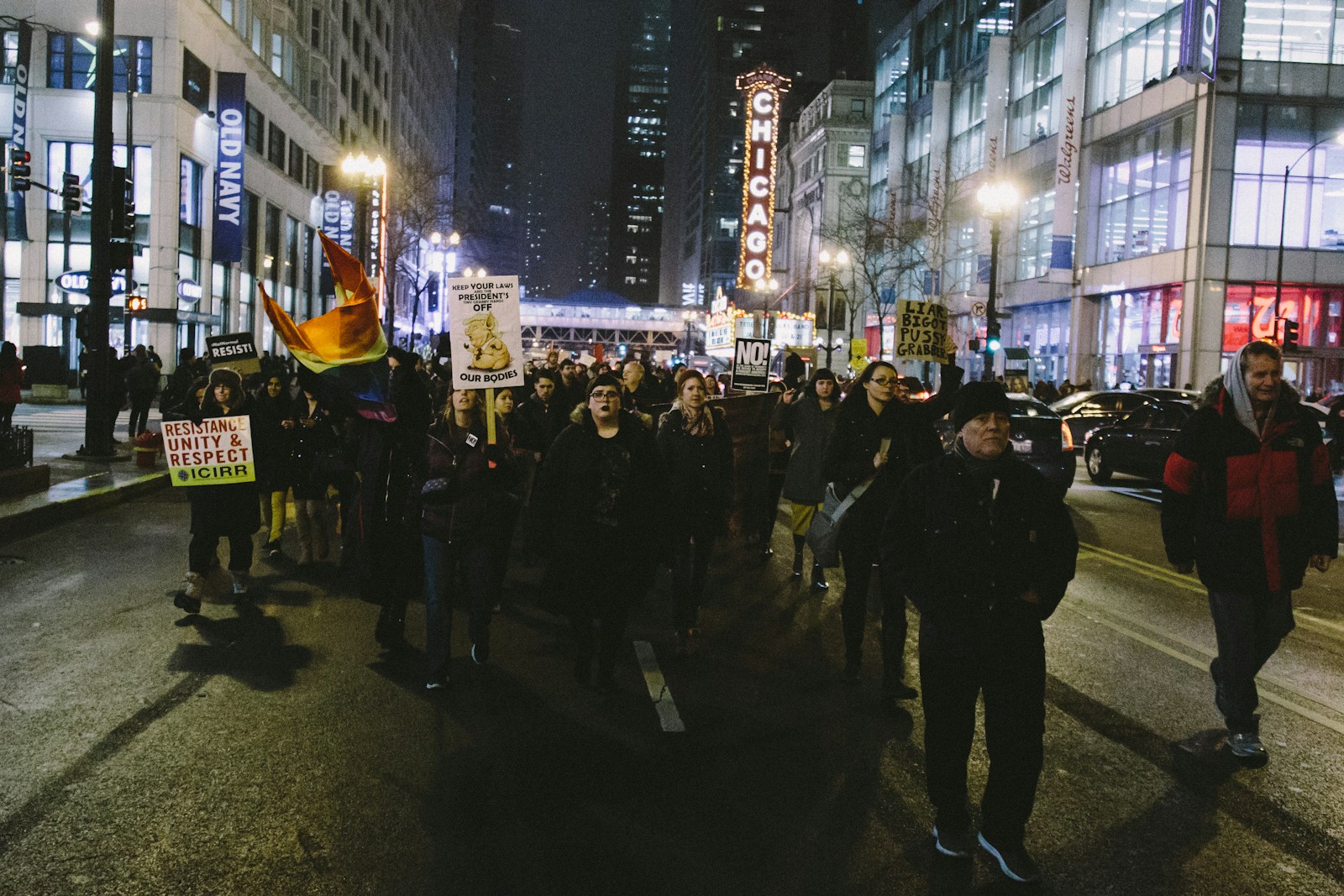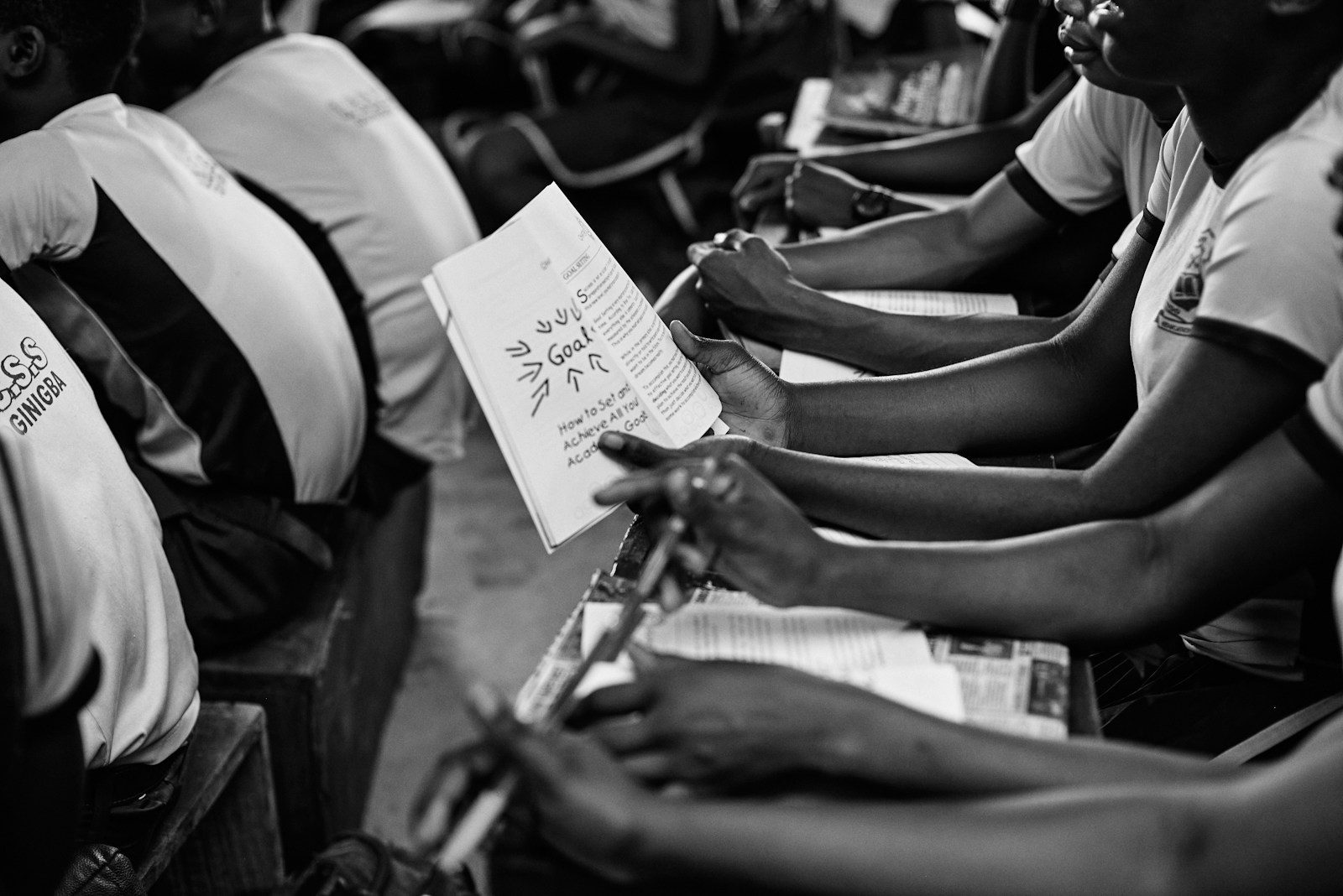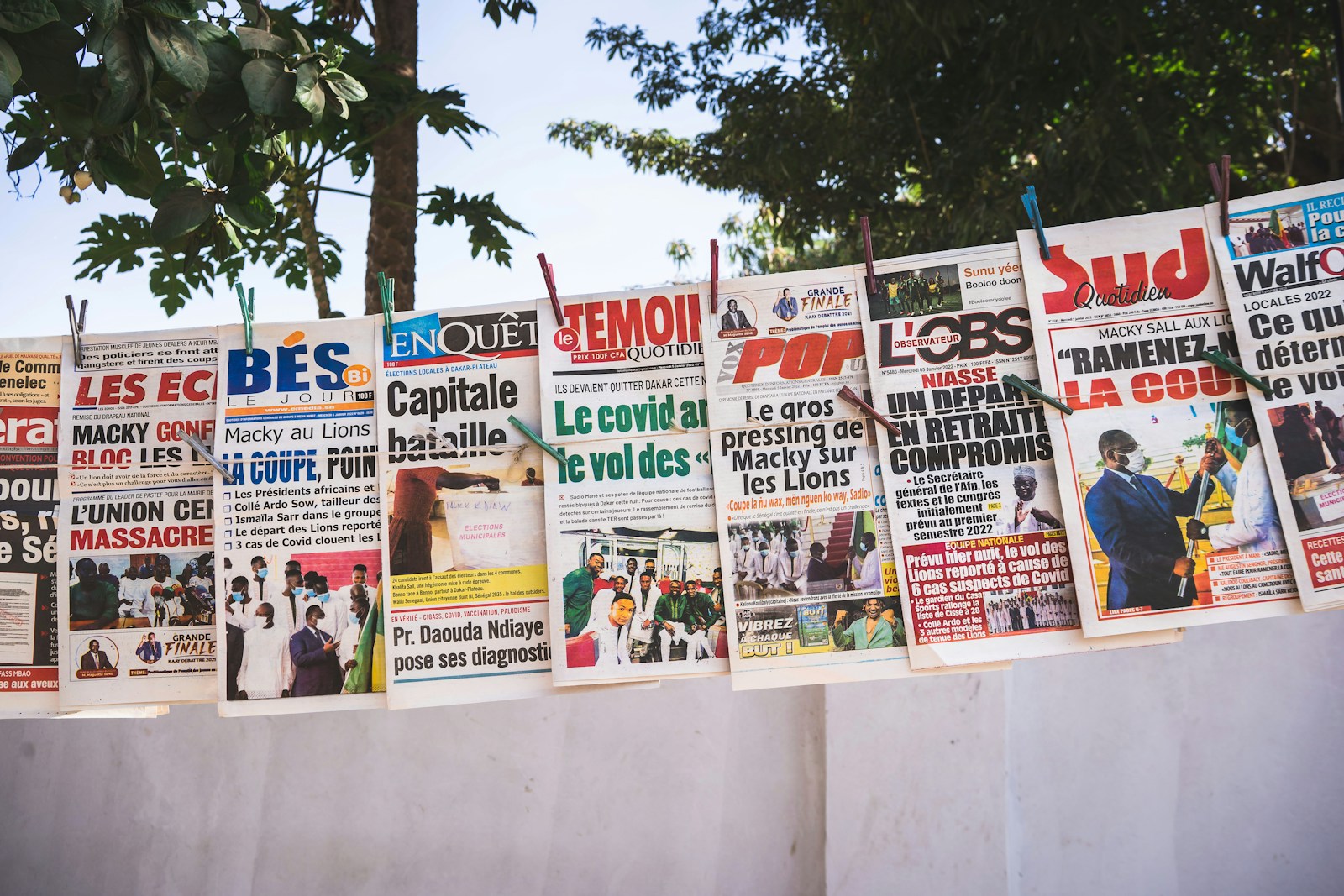M23 Rebel Group Halts Peace Talks with DR Congo Government Amid Escalating Tensions
In a significant escalation of the ongoing conflict in the eastern Democratic Republic of Congo (DRC), the M23 rebel group has decided to suspend peace negotiations with the Congolese government. This move comes amid mounting tensions and concerns over the future of the peace process, which had been previously hailed as a potential step toward ending years of violence in the region.
The M23 rebellion, which originally erupted in 2012, has seen a resurgence in recent years, with the group taking control of key territories in the North Kivu province. Despite repeated ceasefire agreements and negotiations, the conflict has continued to destabilize the region, leading to widespread suffering for civilians and displacement of thousands.
Escalating Hostilities and the Collapse of Dialogue
The suspension of talks marks a critical point in the conflict between the M23 rebels and the DRC government. The rebels, who are primarily ethnic Tutsis, have accused the government of failing to honor past agreements, including provisions related to the disarmament of their fighters and the reintegration of the group into the political fold of the DRC. In response, the Congolese government has expressed frustration over the rebels’ continued armed offensives, which have resulted in significant casualties and further destabilization of the region.
The peace talks, which were initially facilitated by international mediators, had been seen as the last hope for a peaceful resolution to the violence that has plagued the eastern DRC for over two decades. However, the recent suspension has thrown a shadow of doubt over the prospects for peace. Analysts fear that this breakdown in dialogue could lead to a renewed intensification of the fighting, exacerbating the already dire humanitarian situation in the region.
The Role of External Forces in the Conflict
The DRC’s eastern provinces, particularly North and South Kivu, have been a hotspot for armed groups for years. The complex web of ethnic rivalries, political interests, and the involvement of foreign actors has made it extremely difficult to find a lasting resolution to the violence. The M23 rebels have been accused of receiving support from Rwanda, a claim that both the Rwandan government and the M23 have denied. Despite these denials, the DRC government and some international observers have expressed concerns that Rwanda’s involvement may be fueling the conflict.
The United Nations and other international bodies have repeatedly called for a halt to the violence and for all parties to return to the negotiation table. However, the M23’s suspension of talks is a clear sign that these international appeals have yet to lead to meaningful action on the ground. Human rights organizations have warned that the prolonged conflict is causing severe harm to civilians, with many fleeing their homes and seeking refuge in neighboring countries.
The Humanitarian Crisis in Eastern DRC
The situation in the eastern DRC is dire. With the breakdown of peace talks, the civilian population remains caught in the crossfire of ongoing military operations. Thousands of families have been forced to abandon their homes in search of safety, resulting in a massive refugee crisis. The United Nations estimates that over 5.5 million people have been displaced within the DRC, and many more are living in precarious conditions without access to basic services.
The humanitarian situation is further exacerbated by the frequent attacks on civilian infrastructure, including schools, hospitals, and markets. Access to food, clean water, and medical care remains limited in many areas, leaving vulnerable populations exposed to malnutrition, disease, and violence.
The international community has urged both the DRC government and the M23 rebels to return to negotiations and to prioritize the well-being of civilians. However, the failure of previous talks and the continued hostilities suggest that peace remains elusive.
The Path Forward: Can Peace Be Achieved?
The suspension of peace talks is a major setback for efforts to resolve the conflict in the DRC. With both sides entrenched in their positions and accusations of bad faith flying from all directions, it is unclear what the next steps will be. International mediators, including the United Nations and regional organizations, will likely intensify their efforts to restart dialogue. However, without genuine commitment from both the DRC government and the M23 rebels, any new peace initiatives may meet the same fate as their predecessors.
At the heart of the conflict lies a deep-seated mistrust between the different ethnic groups in the region. The M23 rebels, while claiming to fight for the rights of the Tutsi minority, have been accused of committing atrocities against local populations, further complicating efforts to negotiate a peaceful settlement. The Congolese government, on the other hand, faces the challenge of addressing both the internal and external factors fueling the conflict while maintaining its authority over the territory.
Regional cooperation is critical to achieving a lasting peace. Countries like Rwanda and Uganda, which have been accused of indirectly supporting armed groups in the DRC, must play a constructive role in the peace process. The international community also has a responsibility to hold all parties accountable and to provide the necessary humanitarian assistance to those caught in the conflict.
Conclusion: The Urgent Need for Peace
The suspension of peace talks between the M23 rebels and the DRC government is a grim reminder of the complexities and challenges of resolving conflicts in the Great Lakes region. The humanitarian crisis in eastern DRC continues to worsen, with civilians bearing the brunt of the violence. Despite the calls for dialogue and peace, both sides appear to be locked in a cycle of distrust and military action.
As the conflict rages on, it is imperative for all parties involved, both within the DRC and from the international community, to recommit to finding a peaceful solution. The human cost of the ongoing violence is too great to ignore, and only through sustained dialogue, mutual trust, and regional cooperation can the cycle of conflict be broken.
The future of peace in the DRC remains uncertain, but there is still hope that through concerted efforts, the region can move toward stability and reconciliation. However, time is running out, and the opportunity for peace may not last forever.
For more news: africaheritagevoice.com




